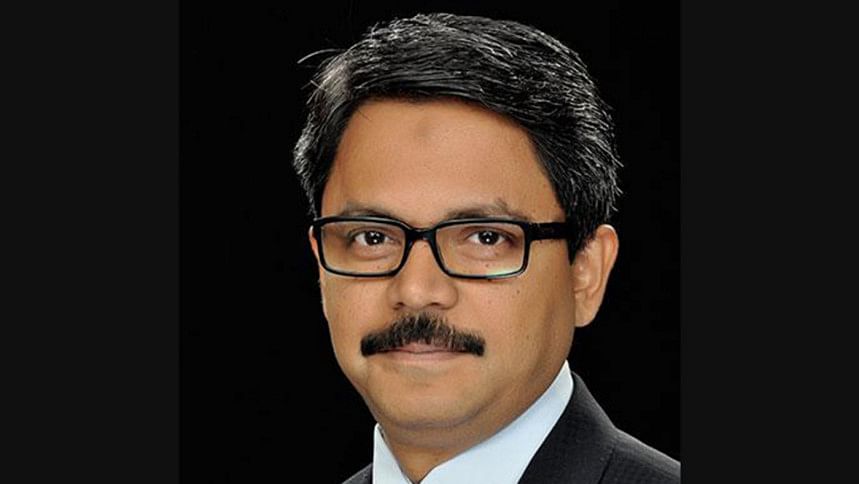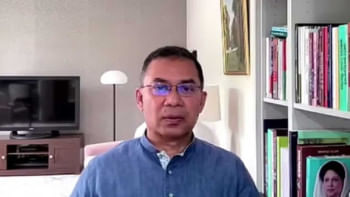Indo-Bangla ties vital for South Asia’s stability

It is the need of the hour to introspect the strengths, retrospect the mistakes, acknowledge the challenges and draw a roadmap to take this relationship to new heights
Constructive Bangladesh-India ties could be a major stabilising factor for South Asia, said State Minister for Foreign Affairs Shahriar Alam, insisting on resolving the irritants and harnessing the potentials of the two countries.
He said this while speaking at a seminar titled "Bangladesh-India Relations: Confluence of Ideologies and Evolving Perspectives".
At the event organised by the Bangladesh Institute of International and Strategic Studies (BIISS) yesterday, he said India and Bangladesh have resolved major disputes regarding land and maritime boundary and progressed a lot in terms of trade and connectivity, but some irritants are still pending.
He said the death toll of Bangladeshis on the border has become a major stain on this bilateral engagement. Also, the thorny water-sharing issue of transboundary rivers -- 54 of them -- remains another cause of debate regarding the Bangladesh-India ties.
"As a downstream country, Bangladesh wants more water from the Teesta river. We would also like to have a framework agreement for optimal utilisation of waters from six rivers, namely Muhuri, Manu, Gumti, Khowai, Dudhkhumar, and Dharla," he said.
Shahriar Alam said India and Bangladesh are destined to grow together. The bilateral economic ties have huge untapped possibilities, with a trade potential of $16.4 billion.
Referring to a World Bank report, he said seamless transport connectivity between India and Bangladesh has the potential to increase national income by as much as 17 percent in Bangladesh and 8 percent in India.
Another study indicates a 297 percent increase in Bangladesh's exports to India and a 172 percent increase in India's exports to Bangladesh if transport connectivity improves and both neighbours sign an FTA.
Also, both traditional and non-traditional security issues shaping this maritime geography will be implicated in the evolving Delhi-Dhaka dynamic.
"It is the need of the hour to introspect the strengths, retrospect the mistakes, acknowledge the challenges and draw a roadmap to take this relationship to new heights," he said.
Ravi Kumar Sawhney, distinguished fellow at Vivekanand International Foundation, said India is proud to be a part of Bangladesh's Liberation War.
He said no relationship is perfect in the world and if there are complaints, it means the relationship is working. "Together we can do wonders," he said.
Dr Sreradha Dutta and Dr Arvind Gupta of the Vivekananda International Foundation, India, BIISS Chairman Kazi Imtiaz Hossain and BIISS DG Maj Gen Mohammad Maksudur Rahman, and Bangladesh Foundation for Regional Studies Chairman ASM Shamsul Arefin also spoke.

 For all latest news, follow The Daily Star's Google News channel.
For all latest news, follow The Daily Star's Google News channel. 



Comments